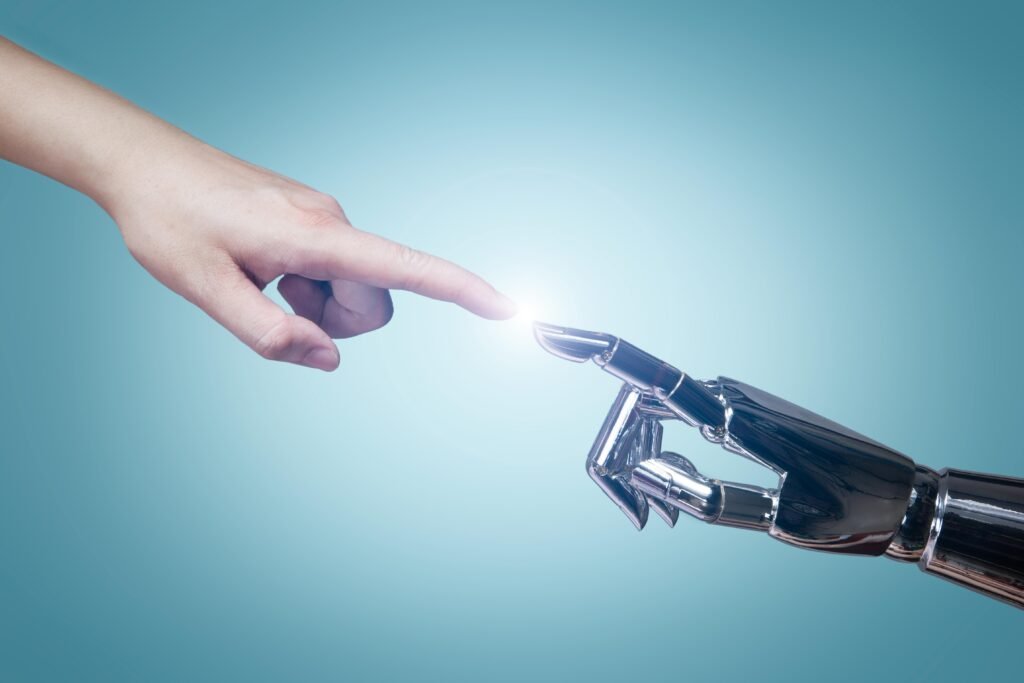
What is artificial intelligence?
Artificial intelligence is a machine’s ability to mimic human abilities such as reasoning, learning, planning, and creativity.
AI enables technical systems to perceive their environment, deal with what they perceive, and solve problems to achieve a specific goal. The computer receives data (already prepared or collected via its sensors, such as a camera), processes it, and responds.
AI systems can adapt their actions by analyzing the consequences of previous efforts and working autonomously.
AI in everyday life
We must often be aware of how often we already use AI daily. Here are a few examples.
Online shopping and advertising
Artificial intelligence is used to provide customers with personalized recommendations based, for example, on previous product searches and purchases or on their other online behavior. AI is essential to retailers, especially in product optimization, inventory planning, and logistics.
Web search
Search engines learn from extensive data users enter to provide relevant search results.
Digital personal assistants
Smartphones use AI for optimal personalization. Virtual assistants that answer questions, make recommendations, and help organize everyday life have already become ubiquitous.
For example, ChatGPT, about which we wrote in another article.
Download ChatGPT
Automatic translations
Written and spoken language translation tools rely on artificial intelligence to provide and improve translations. AI can also be used to generate automatic subtitles of video content or TV shows.
Smart homes, cities, and infrastructure
Smart thermostats learn from our usage patterns to save energy, while intelligent cities use AI to regulate traffic to improve connectivity and reduce congestion.
Vehicles
Although self-driving vehicles are not yet standard, cars already use AI-powered safety features such as automatic sensors that detect dangerous situations.
Combating disinformation
Specific AI-based applications can detect fake news and disinformation by evaluating content from social media, searching for key terms, and determining which sources are reliable.
Health
Researchers are currently exploring how AI can be used to analyze large amounts of data and find patterns that can lead to new insights in medicine and improve diagnoses.
For example, researchers have developed an AI program for emergency calls that promises to diagnose cardiac arrests more quickly and accurately using a voice-activated digital assistant.
Traffic
AI could improve rail transportation’s safety, speed, and efficiency by minimizing wheel friction, maximizing speed, and enabling autonomous driving.
Public administration and services
AI can play a critical role in early warnings of natural disasters through data and pattern recognition.






Comments closed.